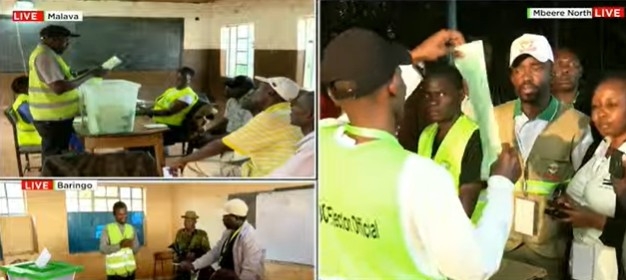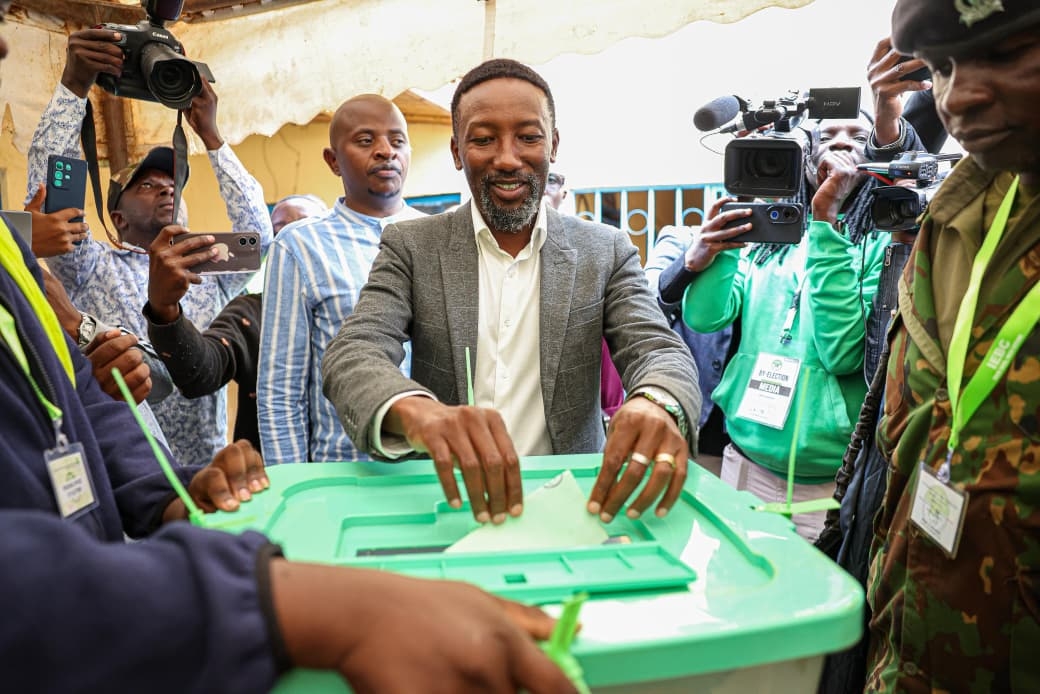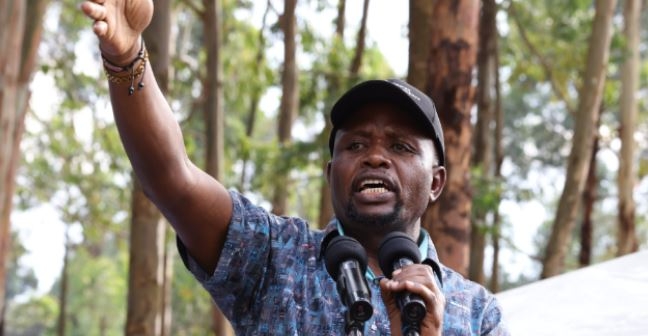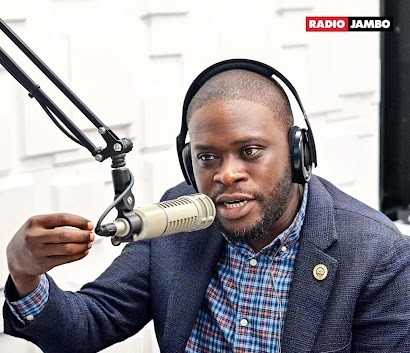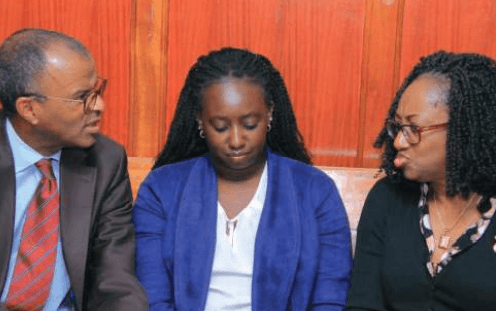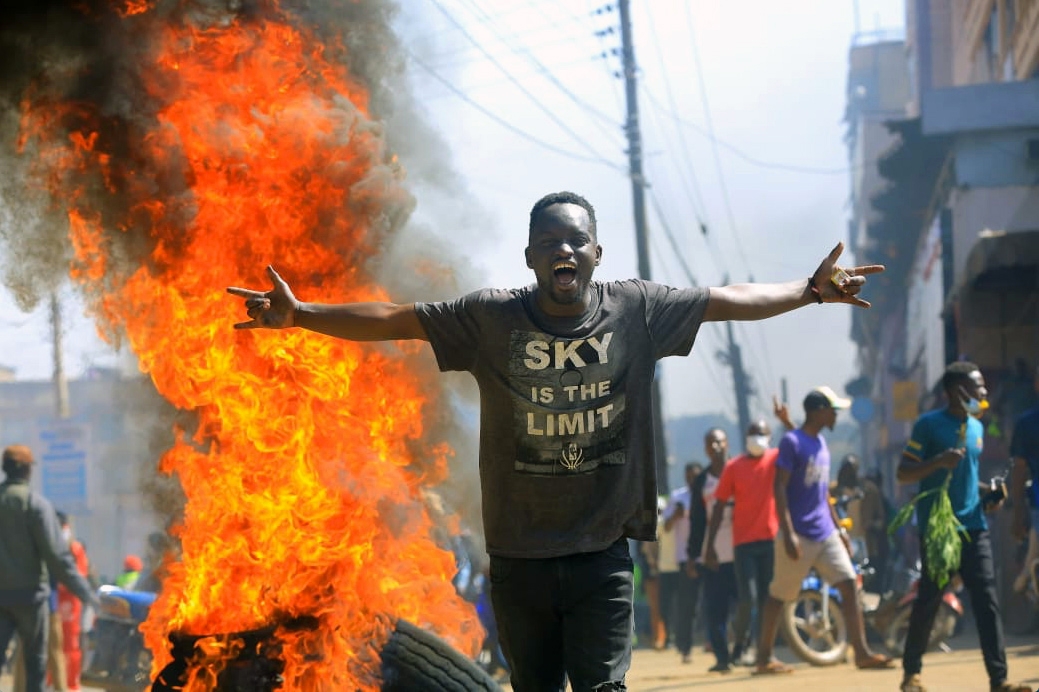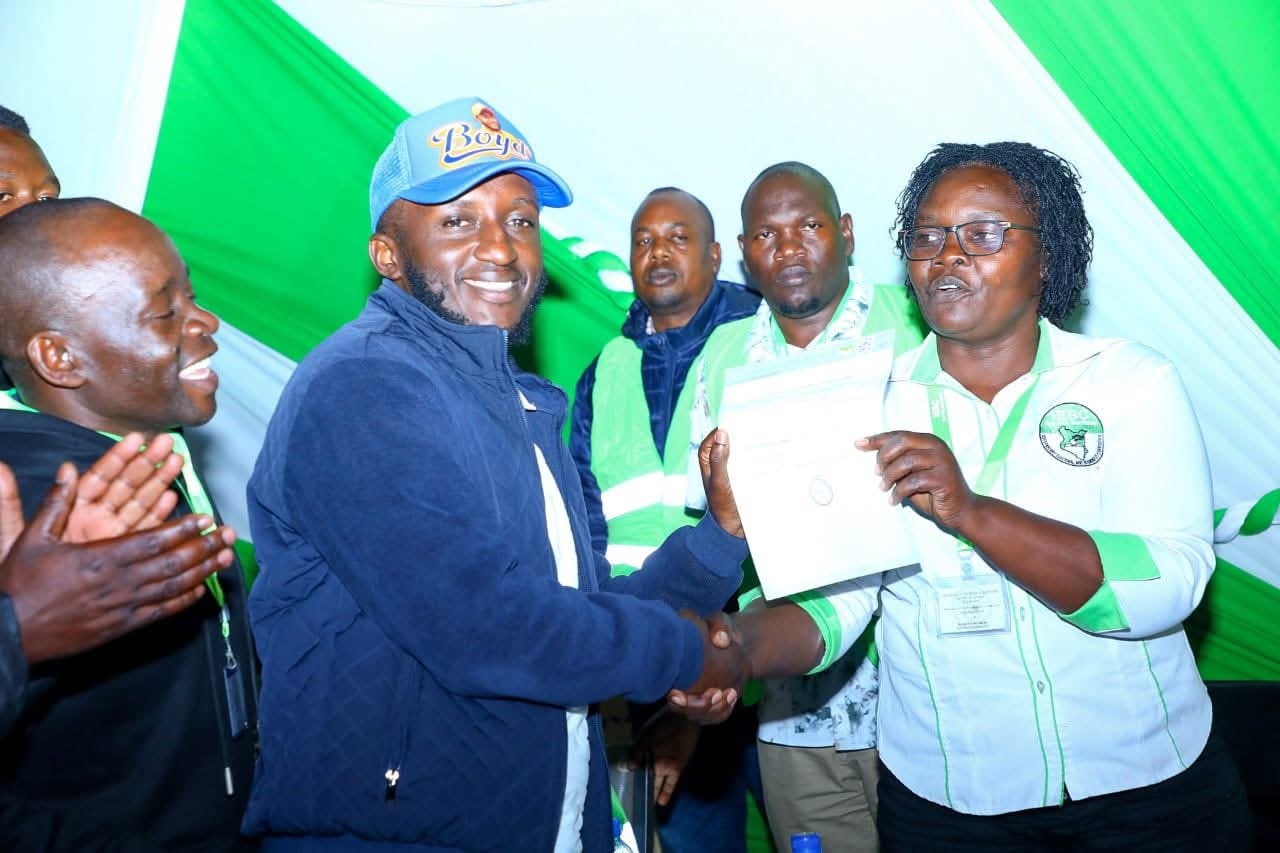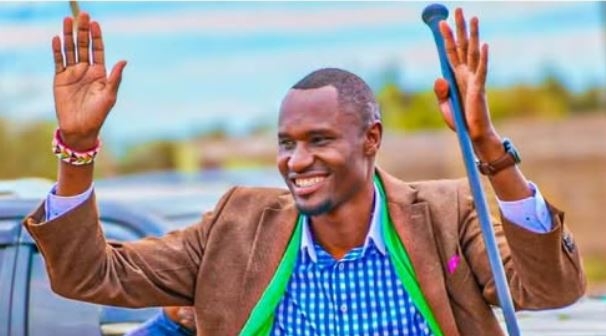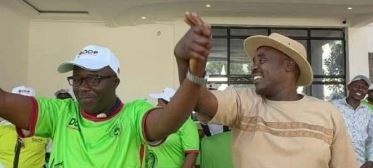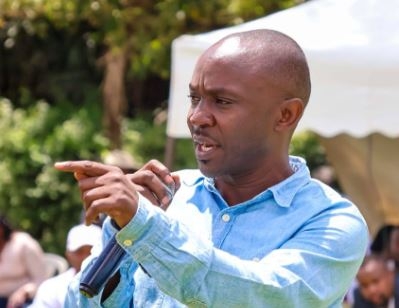Major Indian Kenyans were on the verge of fleeing Kenya alongside their investments in early 80s but it took the calm intervention of career philanthropist and billionaire Manu Chandaria to convince them to stay.
The businessman’s new book, titled ‘Success to Significance’ says that after the 1982 botched coup attempt, the businesses owned by Kenyans of Asian descent faced massive looting and harassment, making them entertain thoughts of relocating from the country alongside their businesses.
“Don’t leave, we were born here and belong here,” the book, launched last Wednesday, quotes Chandaria as telling the panicked lot.
The book says that by prevailing on the majority to stay, he “helped stop capital flight and restore investor confidence in the country’s leadership and economy”.
This prevented a repeat of history after the Indian community fled Uganda a decade earlier.
In August 1972, the then Ugandan President Idi Amin had ordered the expulsion of Ugandans of Indian extraction, giving them 90 days to leave the country.
Amin accused the lot of disloyalty, non-integration and commercial malpractice.
He defended the expulsion by arguing that he was "giving Uganda back to ethnic Ugandans".
At the time of the expulsion, there were about 80,000 individuals of Indian descent in the neighbouring country, of whom 23,000 had their applications for citizenship both processed and accepted.
The dramatic removal of the Asians was preceded by a groundswell of anti-Indian sentiment and black supremacy in Uganda.
The book says the Indian community in Kenya was unnerved after being threatened with similar eviction.
Top politicians, including an assistant minister, hurled threats at the community, promising that what happened to their Ugandan counterparts a decade earlier was possible in Kenya.
But Chandaria interceded, asking the community to stay put because Kenya was their birthplace and that the happenings surrounding the attempted coup were aberrations and not the norm.
“When Asian Africans were targeted for physical, verbal and sexual abuse in the wake of the failed military coup of 1982 and their businesses and properties looted and destroyed,” the book reads.
“Manu was among those who fervently urged them not to flee Kenya and to treat the putsch as an aberration. Kenya, Manu said to his community, was its home.
“It was not lost on his that when in 1972, Idi Amin ordered Asians to leave Uganda, a Kenyan politician, Maetin Shikuku, then an assistant minister, warned that a similar fate awaited their Kenyan counterparts.
“And Manu knew that in the early years of Independence, powerful figures in the new government accused Indians of playing a cat-and-mouse game with Kenya and having one foot in Kenya and the other in India.
“[But] the past and present did not ever change Manu’s birthplace and birth rights.”
The philanthropist’s message to his folks was threefold, the book says.
“Don’t leave, we were born here and belong here; the coup and the destruction of our businesses was an aberration, together, we shall recover and prosper; and, individually and collectively, let us go back to work,” the book recounts his counsel to the community.
Then President Daniel Moi would later appoint Chandaria to lead a team that would investigate the circumstances surrounding the attacks on Indian businesses.
The book says this was a show of confidence the government had in him as a bridge builder and a faithful citizen.
“Moi saw in Manu an emerging business and community leader, and the bridge between his government and the Indian community,” the book says.
“At the time of a political crisis, which threatened a community and the country, at a time of great uncertainty and fear, Moi thrust Manu into the national leadership, [needing him] to provide comfort and calm, stability and direction, purpose and priorities.”
The President, the book says, trusted Chandaria to “help members of the Indian community overcome their individual and collective fears, trust in the leadership of their community and of the country, and believe in the unity of the community to get them through the crisis.”



